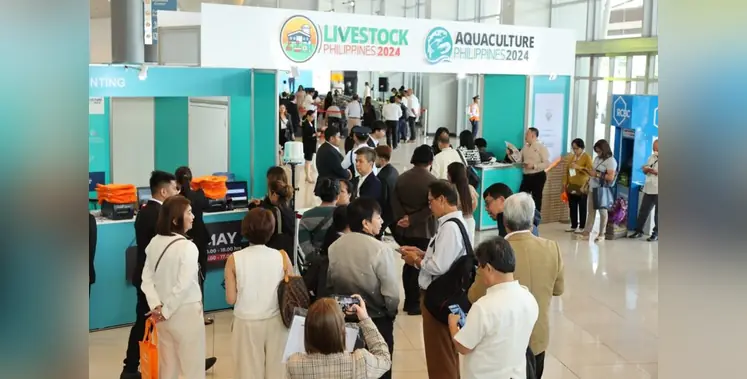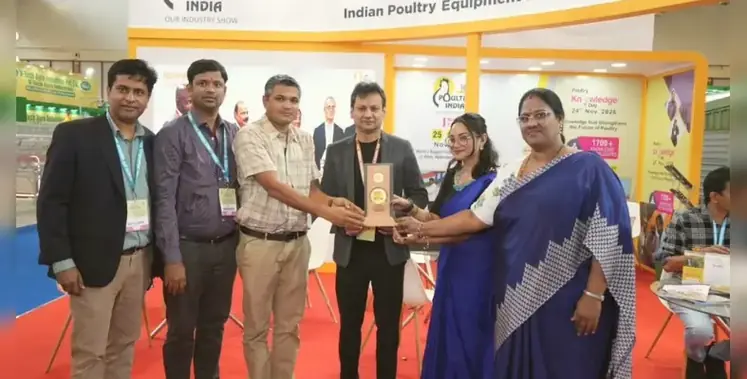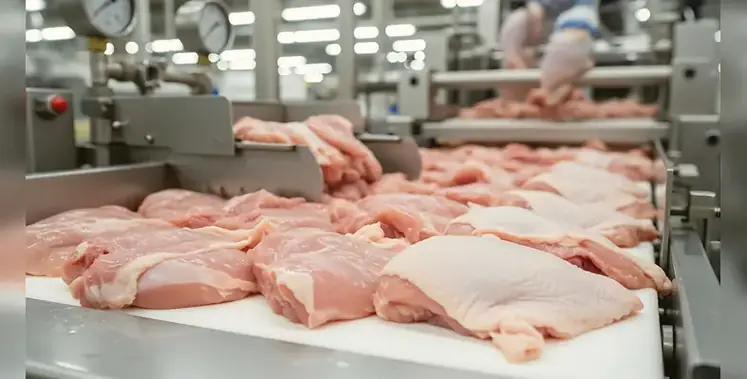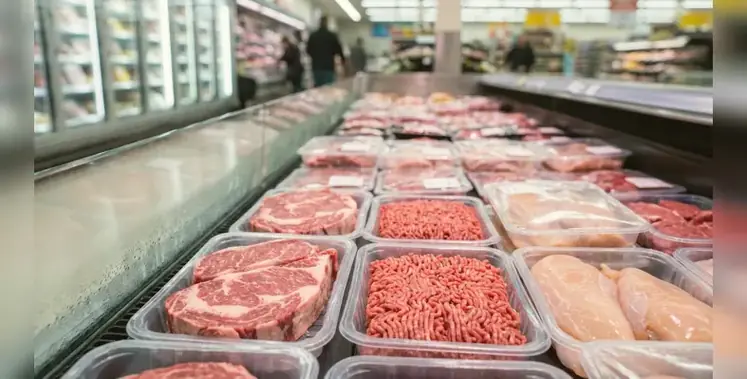
Aquaculture Philippines 2026 to Spotlight Innovation and Growth in the Fisheries Sector. (Image credit: Livestock Philippines)
Aquaculture Philippines will return from 27 to 29 June 2026 at the World Trade Center in Pasay City, bringing together key players from across the aquaculture, fisheries, and seafood industries.
Held alongside Livestock Philippines, the event serves as a dedicated platform for advancing aquaculture nutrition, health, and production while encouraging meaningful dialogue across the full value chain, from farming and feed development to processing and distribution.
As a nation surrounded by vast waters, the Philippines holds a natural advantage in fisheries and aquaculture. The sector continues to play a vital role in food supply, employment, and rural livelihoods. According to the second quarter report of the Philippine Statistics Authority this year, aquaculture contributes 15.1 percent to the total value of production at 2018 constant prices. This steady contribution underlines the importance of strengthening the industry through innovation, knowledge exchange, and investment.
Aquaculture Philippines 2026 aims to support this progress by showcasing modern technologies, sustainable production methods, aquatic animal health solutions, feed advancements, and efficient processing systems. The exhibition will gather leading local, regional, and international suppliers, offering visitors direct access to products and expertise that can improve productivity and long term viability.
In addition to the exhibition floor, this year’s edition will host a conference session covering a range of current issues in fisheries and aquaculture. Industry experts and practitioners will discuss sector challenges, regulatory developments, market trends, and research findings that influence both domestic and global trade. The sessions are designed to encourage practical learning and open discussion among stakeholders.
By connecting suppliers, producers, processors, policymakers, and researchers under one roof, Aquaculture Philippines 2026 continues its mission to strengthen the country’s aquatic sector and support sustainable growth in the years ahead.







